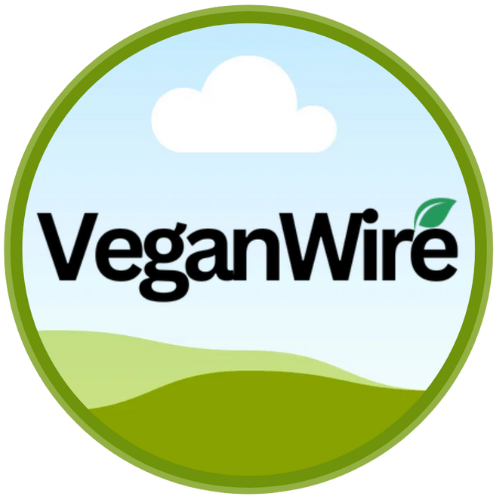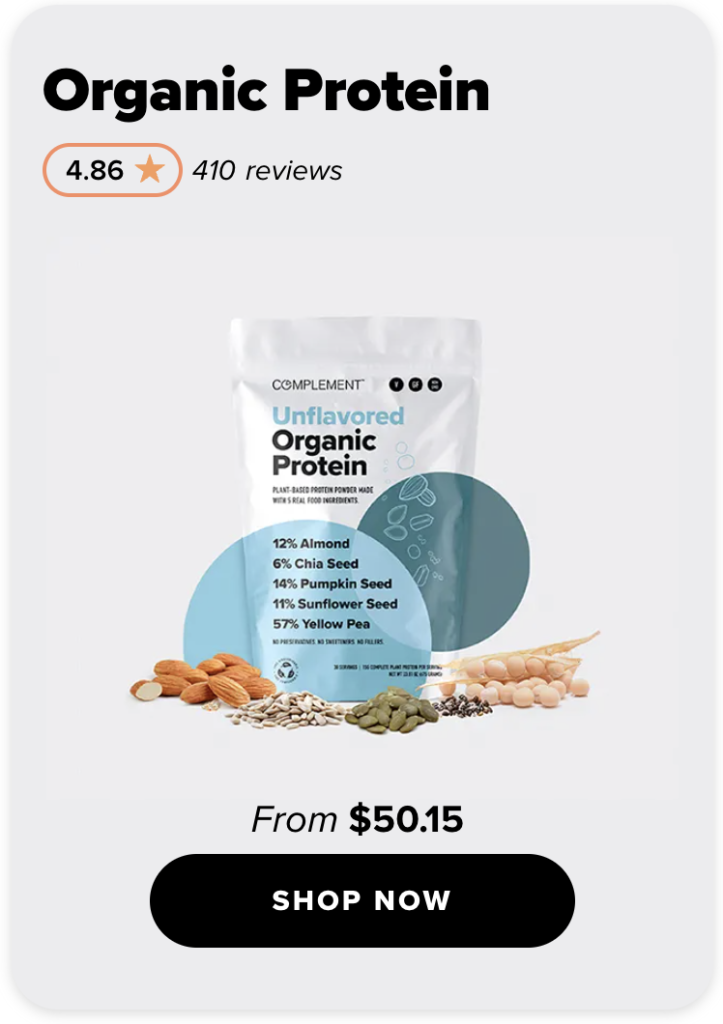A vegan diet can bring numerous health benefits, including a lower risk of heart disease, high blood pressure, and certain types of cancer. In fact, one large-scale study found that vegans had a 75% lower risk of developing high blood pressure, a major risk factor for heart disease.
But it’s not just about avoiding animal products – it’s also about including a variety of plant-based foods in your diet. A vegan diet rich in fruits, vegetables, whole grains, and legumes can provide all of the nutrients your body needs to function at its best.
Protein, iron, and vitamin B12 are important nutrients that may be of concern when following a vegan diet. However, these nutrients can be easily obtained from fortified foods or supplements, and a registered dietitian can help you plan a well-rounded vegan diet to ensure you’re getting everything you need.
In addition to the potential health benefits, a vegan diet can also have positive impacts on the environment and animal welfare. Animal agriculture is a major contributor to greenhouse gas emissions and deforestation, and a vegan diet can help to reduce your carbon footprint by requiring fewer resources to produce than a non-vegan diet. Veganism also involves abstaining from using animals for food, clothing, or any other purpose, which can help to reduce animal suffering.
Sustainable food production is another benefit of veganism. Animal-based foods require large amounts of land, water, and other resources to produce, whereas plant-based foods are generally more sustainable. By choosing vegan options, you can help to reduce the strain on natural resources and support more sustainable food production.
Improved digestion is another potential benefit of a vegan diet. Plant-based foods are often easier to digest than animal-based foods, and a vegan diet is typically high in fiber, which can help to keep the digestive system functioning properly.
Some people find that their skin improves on a vegan diet due to the high intake of fruits and vegetables, which are rich in antioxidants that can help to protect the skin from damage. In addition, a vegan diet is typically low in dairy and other animal-based products, which can sometimes contribute to skin irritation and acne.
The risk of food poisoning is also lower on a vegan diet because plant-based foods are less likely to be contaminated with harmful bacteria compared to animal-based foods.
There is also some evidence to suggest that a vegan diet may be associated with a longer lifespan. One study found that vegans had a 15% lower risk of death from all causes compared to non-vegans. This may be because a vegan diet is typically high in antioxidants and low in unhealthy fats, which can help to protect against chronic diseases and promote longevity.
Overall, the evidence suggests that a vegan diet can bring numerous health benefits and may be a worthwhile choice for many people. Consult with a healthcare professional or registered dietitian to ensure you’re getting all the nutrients you need and to help you plan a well-rounded vegan diet.
Some research for this article was compiled with the assistance of ChatGPT/OpenAI







